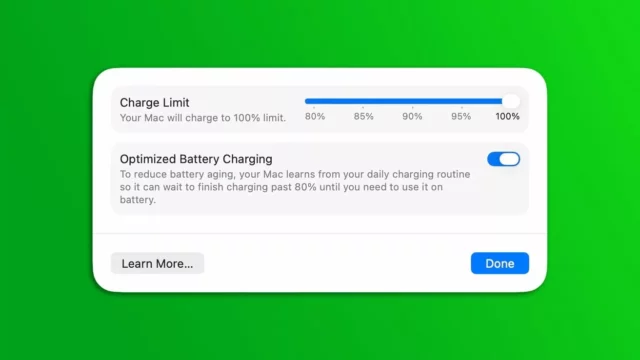Meta has launched its most ambitious eyewear yet: smart glasses with a built-in display. Dubbed the Meta Ray-Ban Display, this sleek new model brings on-the-go access to notifications and AI support all without pulling out a phone.
Meta smart glasses introduce display tech and gesture control

Revealed during Meta’s Connect event, the new glasses feature a compact digital screen inside the right lens. It’s subtle but useful, showing texts, alerts, and calls in your line of sight. The launch price is $799, and the set includes a wristband that picks up hand gestures and converts them into actions like replying to a message or answering a call.
Zuckerberg called them “the ideal form factor” for wearable AI. His demo wasn’t flawless, a live call failed on stage. But the pitch landed: intelligence without interruption.
Gesture control aims to keep your phone in your pocket
These glasses aren’t just about screens. Meta’s wristband controller, included in the box, uses hand motion to interact with the glasses. Users can wave, pinch, or flick to answer calls, respond to texts, or control music. It’s the kind of subtle interface that could make wearables feel truly hands-free.
Here’s what the glasses offer at launch:
- Built-in display for real-time alerts
- Meta AI assistant support
- Camera and livestreaming to Meta platforms
- Wristband for gesture-based control
- Ships September 30
Oakley’s new fitness glasses expand the lineup
Meta didn’t stop at Ray-Bans. It also rolled out Oakley-branded Vanguard glasses for athletes. Priced at $499, they integrate with Garmin and Strava to deliver workout data and summaries, plus nine hours of battery life.
Critics question Meta’s bigger agenda
Amid the hardware push, Meta faces heat over its AI and safety practices. Reports claim its chatbots engaged minors in inappropriate chats. Internal whistleblowers say safety research has been silenced. That baggage now travels with every product, especially wearable ones.
Meta smart glasses hint at the future of Orion
These display glasses might not be massive sellers, but they signal what’s next. Meta’s still working on its high-end AR project, Orion, due in 2027. If these glasses find a niche, they’ll be the bridge.
Zuckerberg flubbed a demo, but the crowd didn’t care. The glasses might still be rough, but the ambition? Crystal clear.














